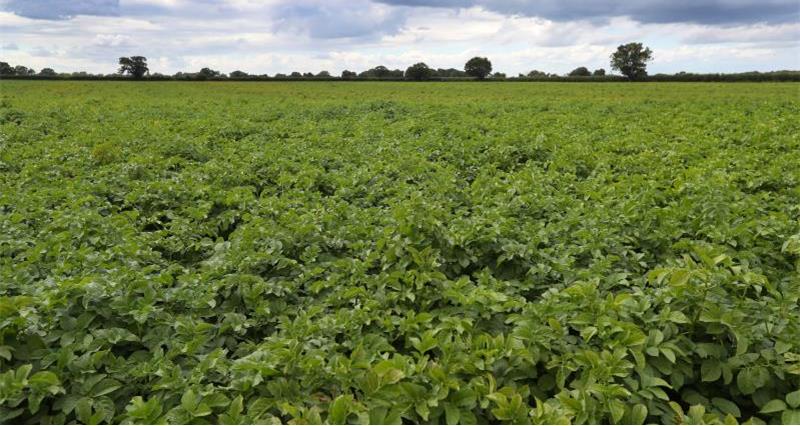Implementing regulations have now been published by the Commission, setting out when member states have to withdraw authorisations for plant protection products containing the three actives.
Member states will need to withdraw authorisations for products containing diquat by 4 May 2019 at the latest. There will then be a grace period – length to be decided by the member state – to allow use-up of product, which itself must expire by 4 February 2020 at the latest.
Member states will need to withdraw authorisations for products containing thiram by 30 January 2019 at the latest. For foliar applications, the subsequent grace period must expire by 30 April 2019, and for all other products, including those used as seed treatments, the grace period must end by 30 January 2020.
Member states will need to withdraw authorisations for products containing pymetrozine by 30 April 2019 at the latest. The subsequent grace period must expire by 30 January 2020 at the latest.
The NFU didn’t think the proposed bans were justified and worked to keep these actives available, highlighting their importance with UK government and farming representatives in Europe.
Dr Chris Hartfield, NFU Senior Regulatory Affairs Adviser, said: “New research and risk assessments have shown the herbicide and crop desiccant diquat can be used safely, but this information wasn’t used in the Commission’s assessment. The loss of diquat will have significant implications for potato production in the UK. It is much more effective than other available alternatives. As well as stopping disease spread, it also allows for accurate harvest planning and helps ensure the production of high quality potatoes.
“Following the neonicotinoid bans, the loss of thiram - an important fungicide seed treatment - will be another blow for sugar beet growers in the UK.”
“The loss of pymetrozine will make the management of insecticide resistance in seed potato and ware crops more challenging. Its loss also further reduces the insecticide options for oilseed rape growers affected by the bans on neonicotinoids.”
“The NFU has always said we believe pesticides regulation needs to be more risk and science-based, to protect the environment and consumers while also supporting productive and competitive farming.”
